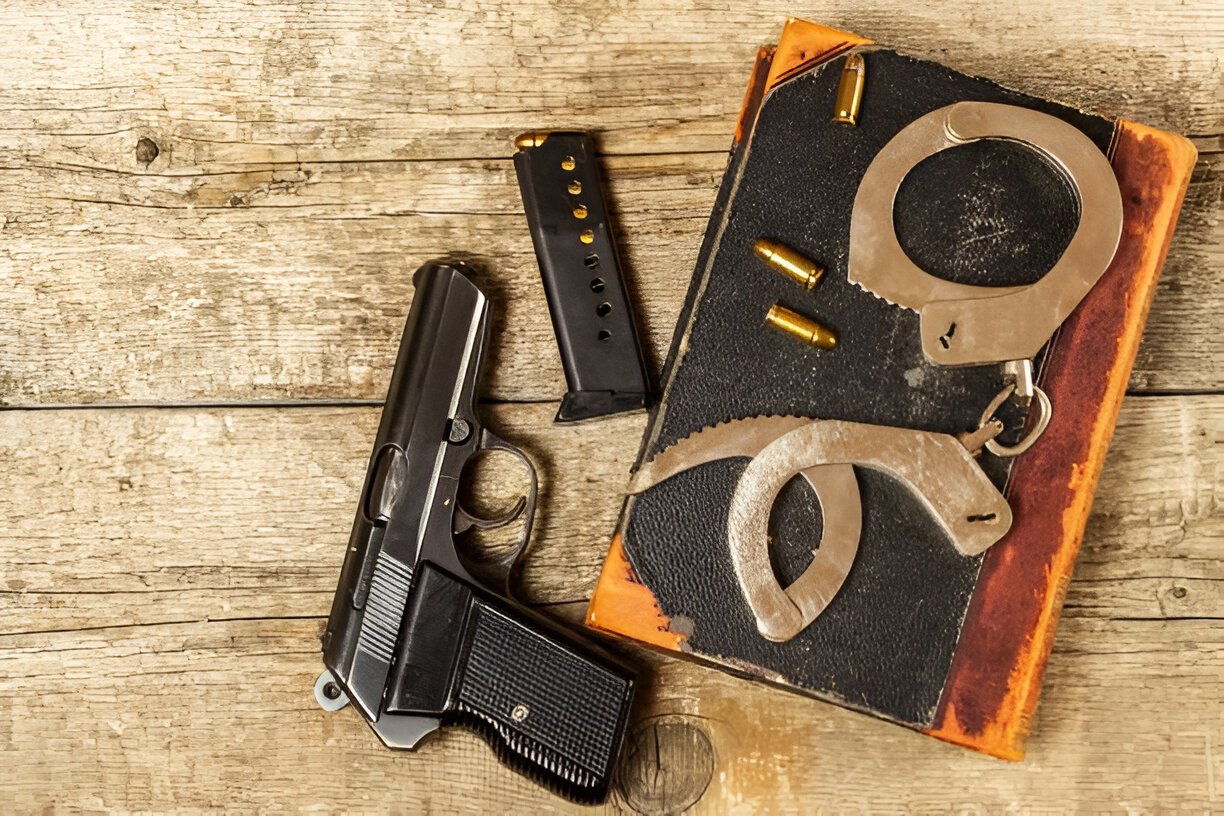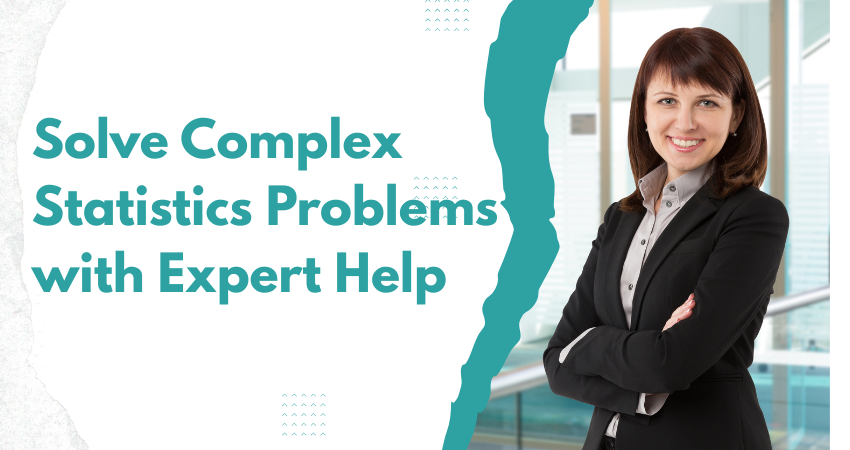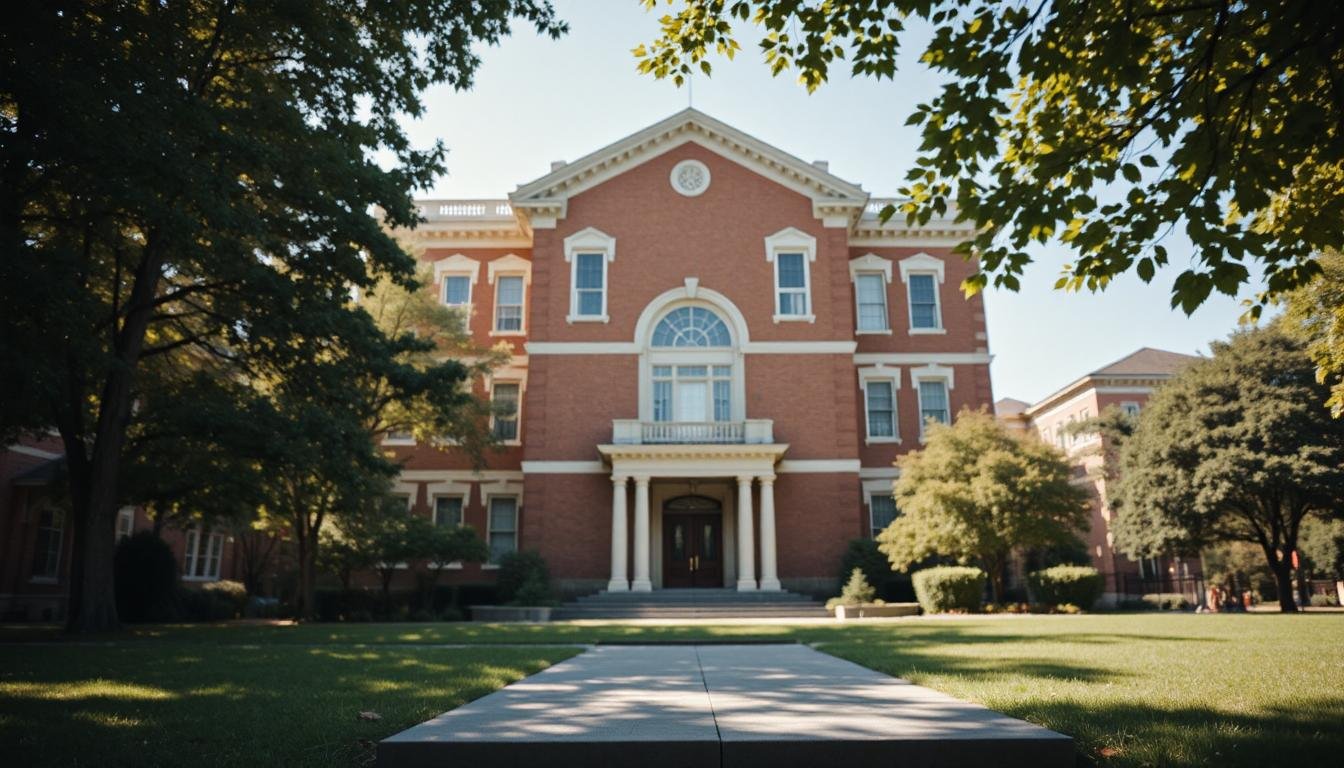In an era where the right to bear arms is hotly debated, John W. Enos , author of The Second Amendment, presents a grounded and ethically sound justification for armed self-defense. His philosophy blends historical understanding, moral reasoning, and constitutional principles, forming a cohesive argument that positions self-defense not just as a legal right but as a fundamental ethical duty in certain circumstances. Enos’s work, both scholarly and provocative, challenges modern assumptions about violence, morality, and the role of citizens in maintaining personal and communal security.
Ethical Foundations of Self-Defense
The core of Enos’s philosophy is rooted in natural law and Enlightenment thought, especially the idea that individuals possess inherent rights. Among these, the right to life is paramount. From this stems the right to protect that life—by force if necessary. Enos argues that armed self-defense is not an expression of aggression but rather a last-resort mechanism of preserving one’s life and liberty.
He draws from classical thinkers like John Locke, who believed that individuals must have the means to resist threats, especially when institutions fail. According to Enos, ethical self-defense aligns with this Lockean vision, asserting that citizens retain the right to self-preservation even in civil society. The firearm, in this framework, becomes a tool—not of domination—but of deterrence and survival.
Historical Context and Moral Responsibility
Enos’s ethical reasoning gains strength from historical precedent. He emphasizes that the American Revolution itself was a product of armed resistance against tyranny. In such moments, moral clarity often comes through action, not policy. Enos suggests that had the colonists lacked the means to defend themselves, liberty might have never taken root.
This historical lens frames self-defense as not merely an individual right but a moral responsibility passed through generations. Citizens, he argues, inherit a duty to remain vigilant, not just for their personal safety but for the preservation of a free society. When institutional protections falter—through corruption, inefficiency, or absence—moral agency shifts back to the individual.
Modern Application of Enos’s Ethics
In modern society, discussions around firearms often center on regulation and control. Enos acknowledges the necessity of reasonable laws but warns against overreach that strips law-abiding citizens of the ability to defend themselves. He points to rising crime rates in urban centers and slower police response times as ethical indicators that the need for personal defense has not diminished.
Enos’s moral calculus is situational yet firm: when faced with an immediate threat, the individual not only has the right but may carry the moral obligation to act. This perspective challenges pacifist interpretations of morality, arguing instead that passivity in the face of violence is ethically untenable.
Importantly, Enos separates vigilantism from ethical self-defense. He is clear that self-defense must remain within legal and moral limits. It must be proportionate, necessary, and in direct response to a credible threat. His emphasis on accountability strengthens his ethical argument, ensuring that armed citizens remain bound to a moral code that respects life even as it seeks to protect it.
Armed Citizens and the Social Contract
Central to Enos’s philosophy is the idea that armed self-defense complements rather than undermines the social contract. While the state is tasked with ensuring security, it cannot—and does not—guarantee protection for every individual at every moment. Enos views self-defense as a supplementary layer of the social contract, where responsible citizens fill the inevitable gaps left by state systems.
He draws a line between lawful self-defense and chaos. Armed self-defense, properly understood, reinforces societal order. It deters crime, fosters civic responsibility, and creates communities that are less reliant on overstretched law enforcement agencies. According to Enos, when individuals are empowered to defend themselves, they become active participants in their community’s well-being.
This empowerment does not mean escalation. Rather, it means preparedness. Enos supports training, background checks, and the cultivation of a strong ethical culture around firearm use. He contends that the gun is only as moral as the person holding it. Therefore, ethics education is essential to his vision of responsible gun ownership.
Reclaiming the Ethical Narrative
Public discourse on firearms often casts armed citizens in a negative light. Enos challenges this portrayal, asserting that moral agency belongs equally to the armed and the unarmed. He notes that the ethical narrative has been hijacked by those who equate all firearm use with malice or extremism.
In reclaiming this narrative, Enos turns to case study examples of ordinary individuals who, through responsible and courageous action, saved lives. These are not tales of bravado but of necessity. They highlight the ethical dimension of decision-making under duress, where the choice to act can mean the difference between life and death.
His work encourages society to honor, not vilify, those who prepare to protect themselves and others. In doing so, he invites a more nuanced discussion, one where ethics are not assumed to be against arms, but potentially aligned with them.
Connecting Rights and Morality
A key strength in Enos’s argument lies in the way he integrates constitutional rights with ethical duties. Many debates treat rights and morality as separate domains. Enos, however, unites them. He posits that the right to bear arms, as recognized by the Second Amendment, only gains legitimacy when paired with moral restraint and civic virtue.
In this regard, Enos differs from absolutists on both sides of the gun debate. He does not endorse unqualified firearm access, nor does he support broad disarmament. His vision is principled, moderate, and deeply rooted in the American tradition of self-governance. As such, it provides a robust ethical foundation for Second Amendment advocacy that does not rely solely on legal interpretation but moral clarity as well.
Those who have explored his comprehensive analysis in The Second Amendment will recognize that John W. Enos, author of The Second Amendment, brings more than legal insight—he brings philosophical rigor. His ethical framing makes a compelling case for why armed self-defense, when grounded in responsibility and morality, deserves recognition not as a societal threat but as a cornerstone of personal freedom.
Conclusion
Ultimately, John W. Enos’s ethical case for armed self-defense is a call to moral readiness. It is not a glorification of violence, nor a cynical view of society. Rather, it is an acknowledgment of reality—of the fact that threats do exist, and that justice sometimes begins with individual action. His philosophy asserts that being prepared to defend oneself or others is not just a right, but a moral stance grounded in history, reason, and conscience.
In an age where discussions about firearms are often divisive and reductive, Enos’s approach adds a layer of sophistication and balance. He invites citizens, scholars, and policymakers alike to view self-defense not as a problem to be solved but as an ethical reality to be responsibly embraced. Through this lens, armed self-defense becomes not only compatible with moral living it becomes, in specific and dire circumstances, a moral necessity.














Leave a Reply